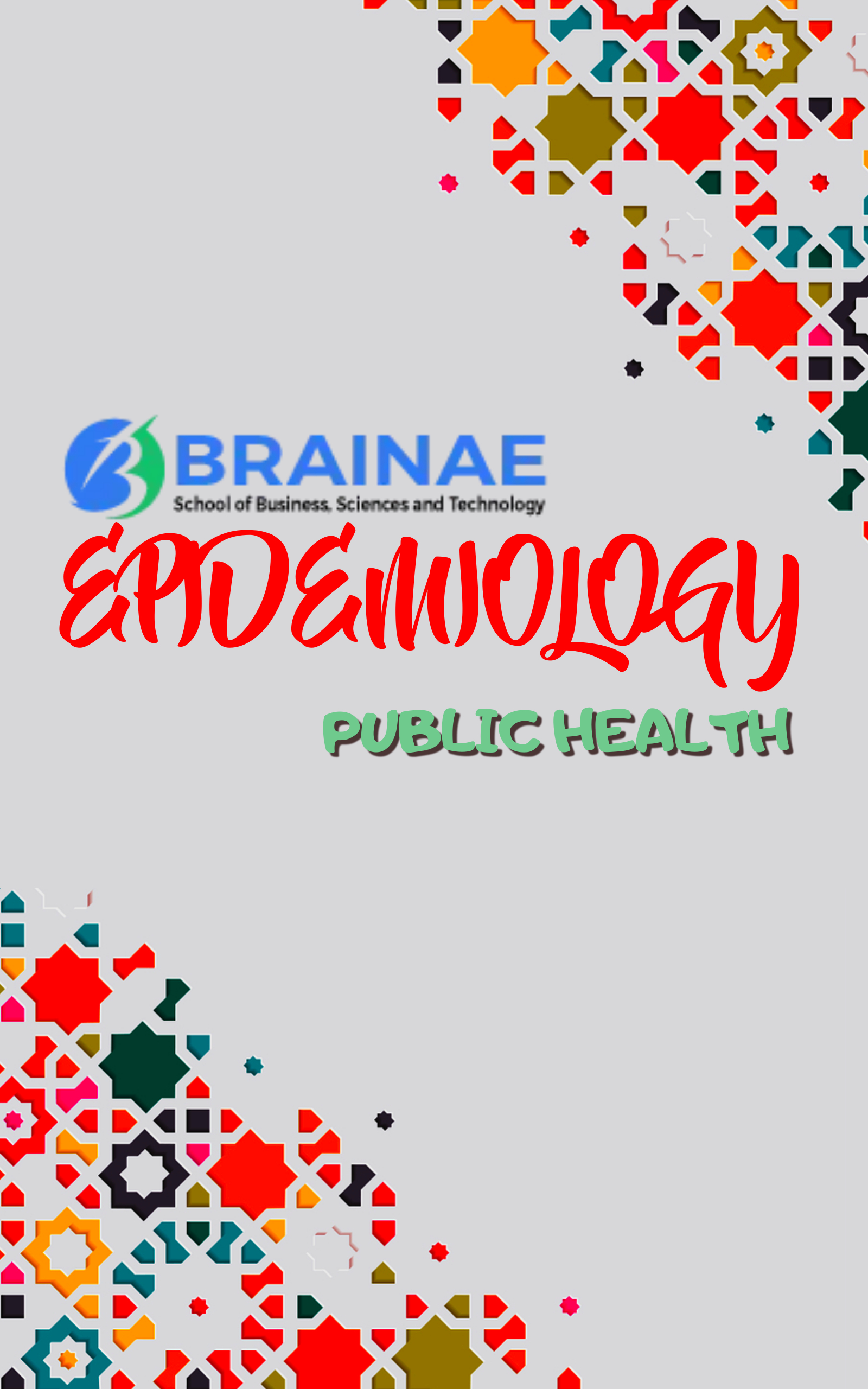About this class
Epidemiology is the method used to find the causes of health outcomes and diseases in populations. In epidemiology, the patient is the community and individuals are viewed collectively. By definition, epidemiology is the study (scientific, systematic, and data-driven) of the distribution (frequency, pattern) and determinants (causes, risk factors) of health-related states and events (not just diseases) in specified populations (neighborhood, school, city, state, country, global). It is also the application of this study to the control of health problems (Source: Principles of Epidemiology, 3rd Edition).
Comments (0)
Learning Material
Title
Volume
Introduction to Epidemiology
5.89 MB
<p>Introduction to Epidemiology</p>
Study Design and Data Collection
5.89 MB
<p>Study Design and Data Collection</p>
Measures of Disease Frequency
5.89 MB
<p>Measures of Disease Frequency</p>
Measures of Association
5.89 MB
<p>Measures of Association</p>
Bias and Confounding
5.89 MB
<p>Bias and Confounding</p>
Outbreak Investigation
5.89 MB
<p>Outbreak Investigation</p>
Epidemiologic Surveillance
5.89 MB
<p>Epidemiologic Surveillance</p>
Epidemiologic Research Methods
5.89 MB
<p>Epidemiologic Research Methods</p>
Epidemiology
87.22 KB
<p>Epidemiology is the study (scientific, systematic, and data-driven) of the distribution (frequency, pattern) and determinants (causes, risk factors) of health-related states and events (not just diseases) in specified populations.</p>

Exams
Title
Min
Grade
Attempts
Status
Epidemiology
50
Questions, 90
Min
50/100
0/1
-
Certificates
Title
Min
Grade
Epidemiology
50/100
0
0 Reviews
